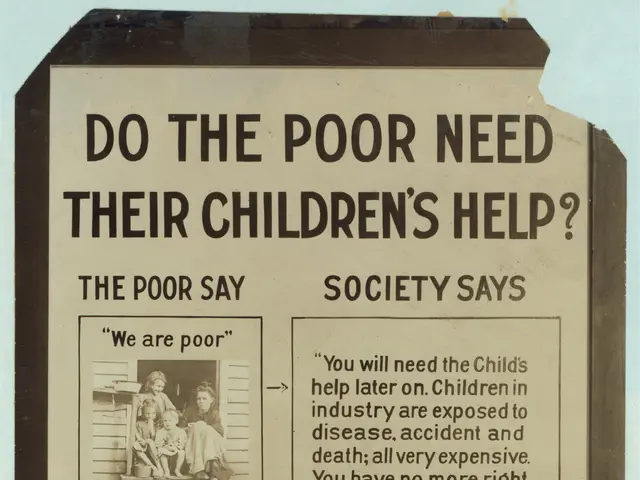Yale fights opioid misinformation as public trust erodes in Connecticut
The Centers for Disease Control and Prevention's (CDC) shifting recommendations on opioids have left patients and healthcare providers in a state of uncertainty about what constitutes 'safe prescribing'. Meanwhile, a significant portion of Connecticut residents express concern about misinformation in local media coverage regarding fentanyl exposure and treatment. Yale University, a beacon of truth and knowledge, is at the forefront of combating these issues.
John Fomeche, an Addiction Medicine Fellow at Yale School of Medicine, is actively working to address misinformation in addiction treatment. Yale partners with the Connecticut Department of Mental Health and Addiction Services to guide the state's opioid response initiative. However, the success of these programs relies heavily on public confidence, which is currently being eroded by misinformation.
The National Institutes of Health (NIH) recently paused a major study on health misinformation due to political pushback, raising alarming concerns about interference in public health research. To combat this, medical education must treat communication as a 'survival skill', training physicians to engage publicly with humility, translate complex information, and counter falsehoods without arrogance. Integrating media literacy and science-communication skills into medical curricula is now a public-health necessity.
Racial and ethnic disparities persist in those receiving addiction treatment after an emergency department visit, with misinformation acting as a barrier, discouraging people from seeking help and deepening these disparities. Patients fear that lifesaving medications like buprenorphine and naloxone are harmful due to misinformation, putting lives at risk.
Yale's commitment to 'Lux et Veritas' (Light and Truth) must be lived out loud in classrooms, clinics, and communities. Institutions built on truth must defend it, especially in the face of misinformation threatening public health. The NIH's proposed cuts to university research overhead could further drain resources from community programs, making it crucial for Yale and other institutions to advocate for adequate funding. By addressing misinformation and improving communication, Yale and its partners can restore public confidence and save lives.







